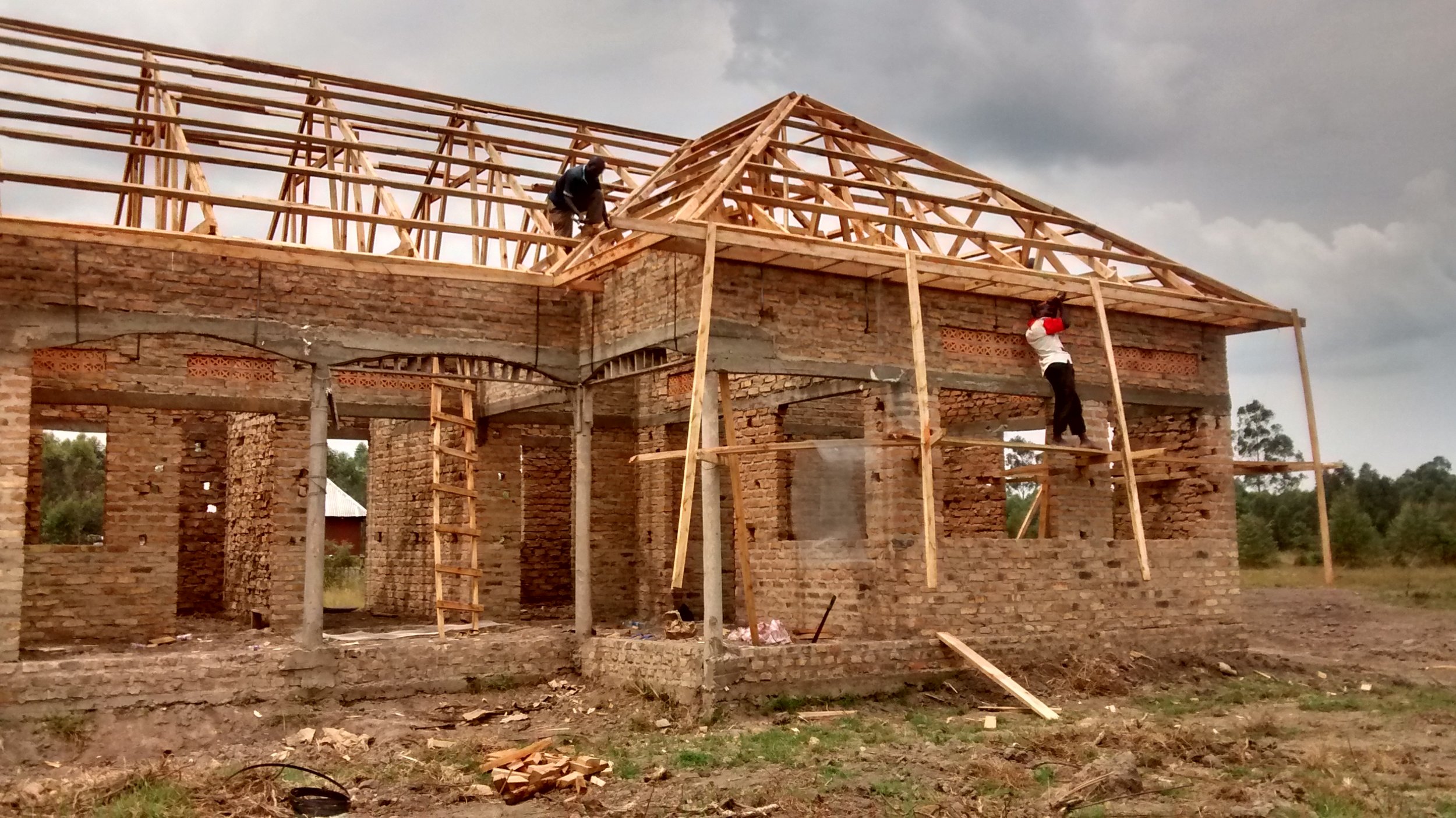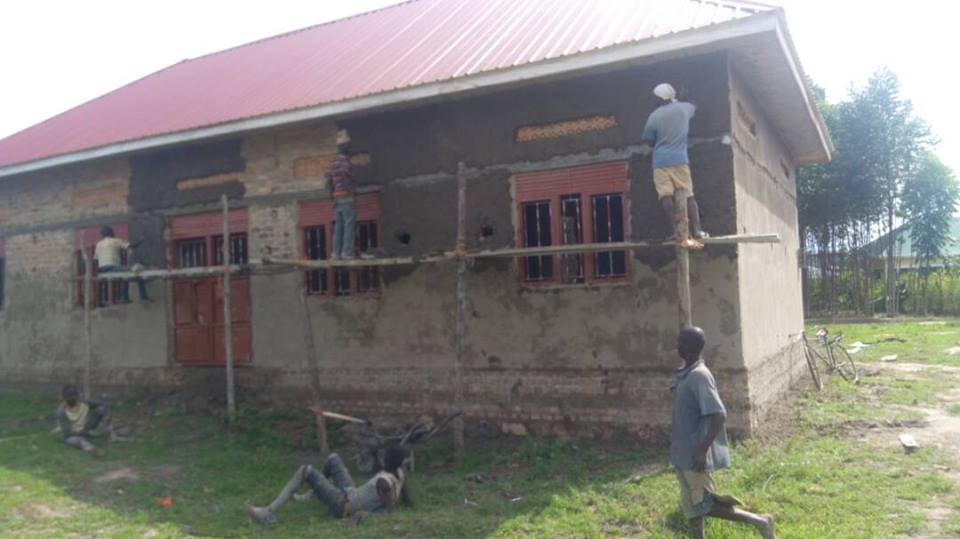bethlehem Health
Community medical center equipped with an on-site laboratory for immediate and accurate diagnoses
Accessible rural care since 2019
Out-patient clinic, maternity ward, and pharmacy
live-in Medical Professionals
Our clinic dormitories provide housing for a doctor, midwife, nurse, lab technician, and administrator
Vitals and Patient Triage
As patients come into the clinic, students have the opportunity to take vitals, record height and weight, and help organize the the clinic’s intake of patients. This exposes students to the organization and management required to run a clinic, and allows them to develop patient care skills.
General Health Education
EIA and clinic administrators conduct outreach and tailor healthcare seminars to address the community’s needs. Seminar topics include the importance of vaccinations and why water is best for hydration.
Obtainable medical supplies and proper medications: The clinic properly stocks medical supplies and medications like sterile gloves, saline, rubbing alcohol, lab equipment, pain medication, antibiotics, and vaccinations.
Present and available staff: This includes ensuring that a doctor and nurse are always on staff at the clinic. Alternatively, if a doctor cannot be on staff 24/7, in their absence, at least two nurses and a midwife will be present.
Record keeping: The clinic has developed the proper protocols for patient intake such as recording patient history, tracking of weight and height, and a list of prescribed medications. All of this information is kept in both written and digital form to ensure its accessibility, security, and longevity.
Diagnosing in the laboratory: Most if not all tests for diagnoses have to be done in the laboratory of the clinic. Staff have the ability to perform these tests, namely tests for malaria and HIV diagnoses, TB tests, and blood and urine cultures. The clinic also has laboratory equipment like ultrasound, microscopes, a blood bank, stretchers, and a small operating theater.
Injections: Many diseases prevalent in Uganda are treated via injection of medications. Staff are able to offer proactive injections to children in the community. Our injections are for illnesses like polio, tuberculosis, whooping cough, diphtheria, tetanus, hepatitis B, measles and haemophilus influenza type b.


















